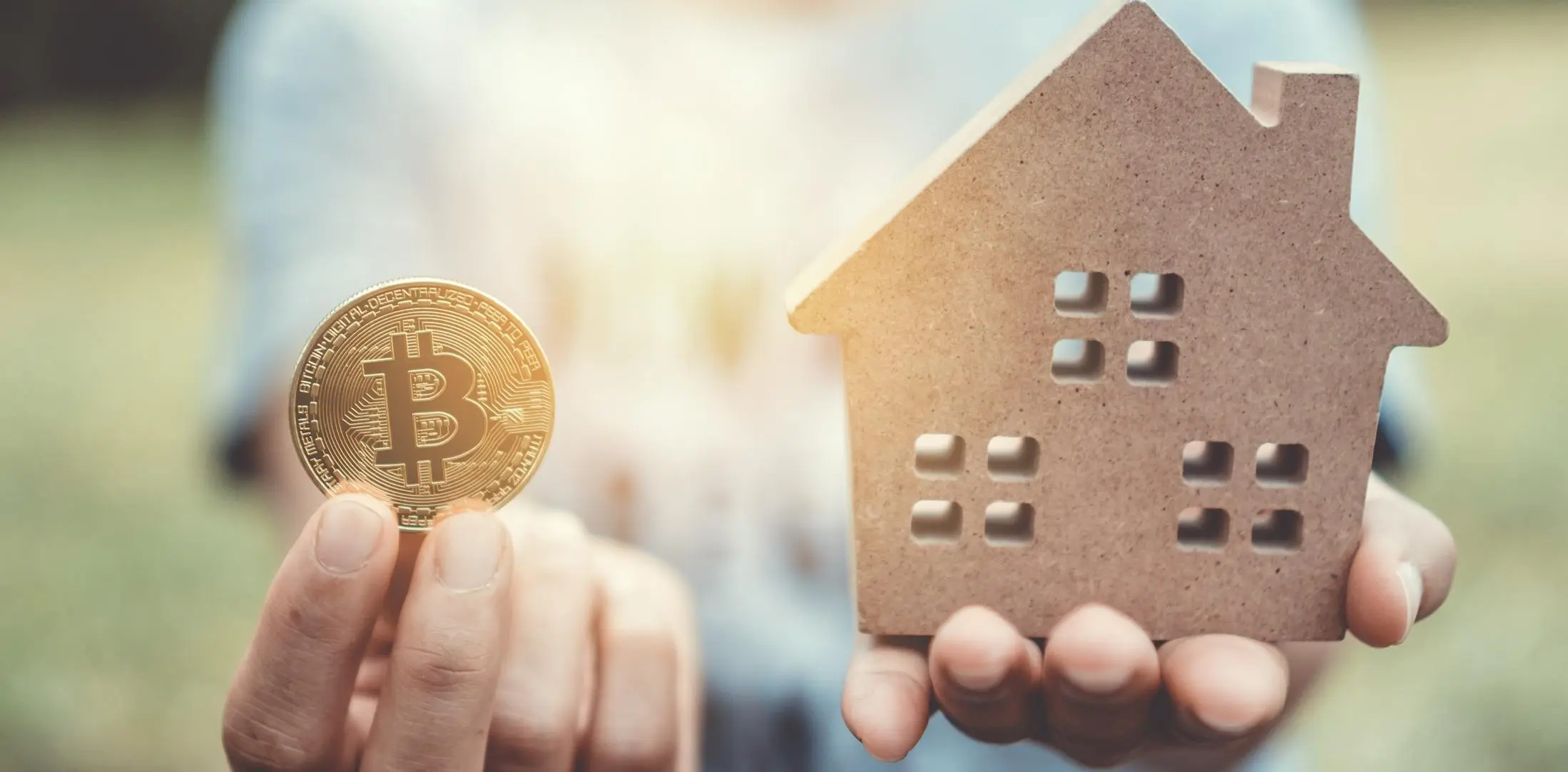For decades, real estate has been one of the primary ways to store and grow wealth. Not because people need that many homes, but because our current system forces people to park money in property. Why?




All of this inflates home prices beyond their utility value—what a house is actually worth as a place to live. Instead, homes behave like financial assets, making them unaffordable for the average person. Rent also rises as landlords pass down the costs of expensive properties.
But under a Bitcoin standard, money itself holds value. There’s no need to store wealth in real estate, and speculative demand would dry up. This would have massive effects on housing affordability, rent, and investment patterns.
1. Housing Prices Would Drop to Utility Value
Right now, real estate is artificially expensive because:



In a Bitcoin standard, money itself becomes the best store of value. That means:




2. No More Real Estate Bubbles
Today, housing markets experience boom-and-bust cycles because:



A Bitcoin standard removes artificial credit expansion, meaning housing prices would reflect real supply and demand instead of central bank manipulation.

3. More Affordable and Stable Rent Prices
If housing isn’t an investment vehicle anymore:



This means renting would be more affordable and stable, instead of an endless cycle of rising costs.
4. Location Would Matter More Than Speculation
Right now, people buy homes in big cities not because they need to live there, but because they expect prices to rise. This forces workers to move to expensive metro areas just to chase opportunities.
In a Bitcoin world:



5. Capital Would Flow Into More Productive Investments
Right now, too much money is trapped in real estate, sitting in empty homes instead of fueling real economic growth. Under a Bitcoin standard, instead of buying property just to park wealth, people would invest in things that actually create value:



This would supercharge economic growth, shifting capital from idle assets to productive industries.
6. Mortgages Would Be Harder to Get, But More Honest
Right now, banks create money out of thin air through fractional reserve lending, issuing mortgages they wouldn’t be able to back if everyone withdrew their deposits. This artificial lending drives home prices even higher.
Under a Bitcoin standard:



People would likely save more before buying, and mortgage terms would be based on real supply and demand, not government manipulation.
7. Luxury Real Estate Would Still Have a Place
Even in a Bitcoin world, ultra-wealthy people will still want unique, scarce properties (oceanfront villas, penthouses, historic mansions). But for most people, real estate wouldn’t be a wealth preservation tool—it would just be a place to live.
Final Thoughts




A Bitcoin standard wouldn’t eliminate homeownership—it would just make it sane again.

